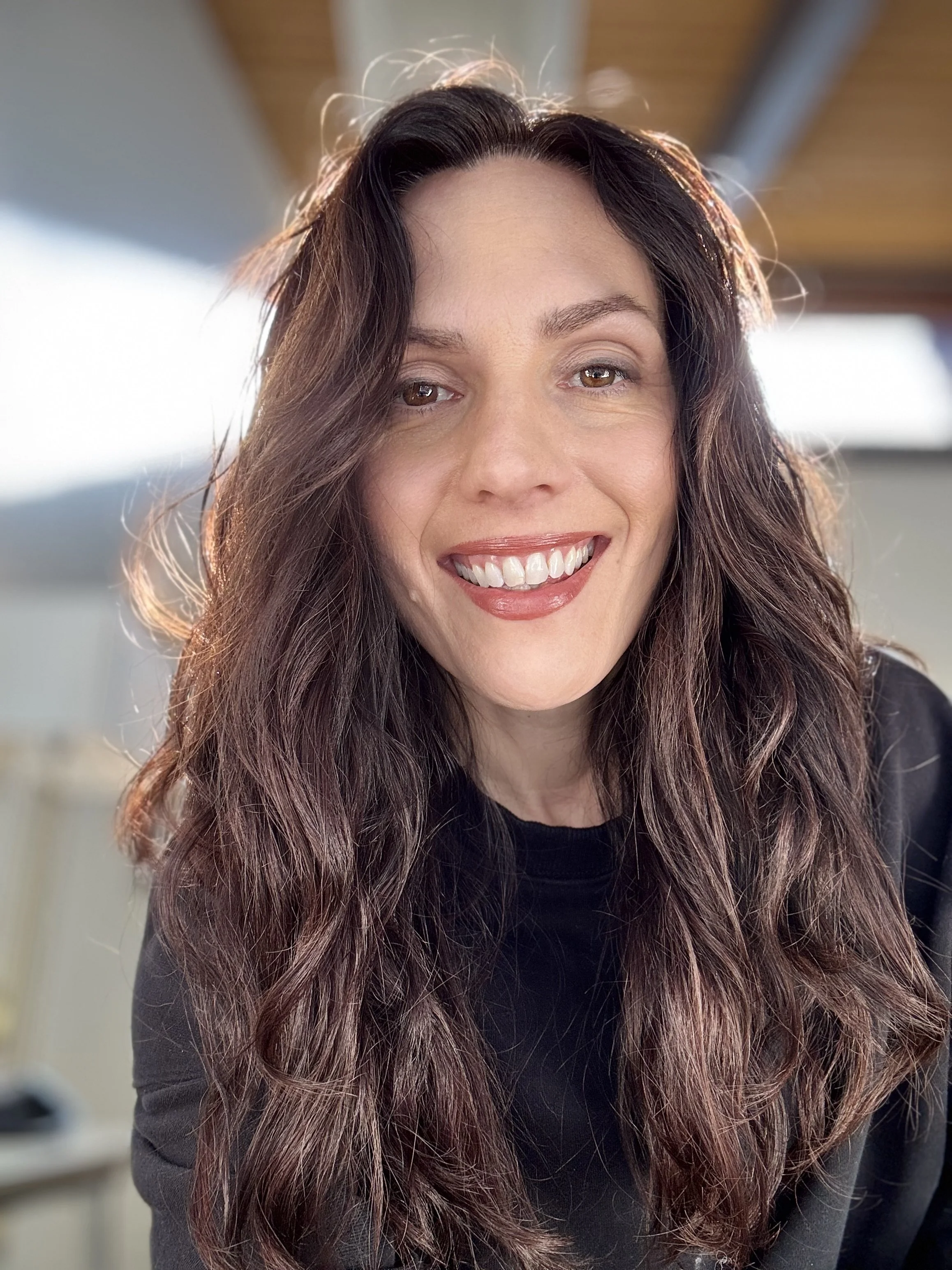Melissa’s Philosophy
How healing happens
Healing happens through healthy connection with self and others. The ultimate point of therapy, regardless of modality that is used, is to help you feel connected, safe and alive in your life.
Check out this TedTalk to learn more about this philosophy: https://youtu.be/PY9DcIMGxMs
What Makes Me Different - My Approach To Helping
I believe in an all encompassing approach to helping, which involves the mind, body and spirt.
I am different than most therapists because I have a over a 18 years of experience helping people find ways to help themselves feel better. I have done short (5 sessions) and long-term therapy (over 5 years) with individuals and couples. I have seen the arc of change happen in those people’s lives. I understand that change can be scary and healing is sometimes complicated. Sometimes my focus is about helping someone develop practical resources and action plans to deal with real life problems in the moment. It can also be about making peace with something very upsetting.
Over the years, I have learned that trying to discover the “why” of suffering is not always helpful. While fascinating to think about, years can go by trying to answer the question about “why am I the way that I am?” I have found that asking the “what” and “how” questions are much more fruitful for forward progress. I tend to work with people over longer periods of time because often times our suffering in the moment is tied to deeper wounds that are connected to past experiences. I strive to be the kind of therapist that can help you find relief while you are in crisis and suffering, but also transform your life in whatever way you feel inspired to when you are out of the crisis.
While therapy is probably best known for being a place to talk things out, it is imperative that we listen to what the nervous system is trying to tell us in our own body. Especially when we have gone through trauma, our nervous system responses may not match what we think is going on in our head. If you have ever thought, “why is this still bothering me, I thought I was over this?!”, your nervous system may still be responding to the event in the past.
Professional Accomplishments:
Licensed Marriage and Family Therapist in the state of California since 2011. (license 50226)
Multiple Director level positions that involved clinical supervision, oversight of budgets, program development and referent relationship building: LinkedIn profile
Executive Director of BrightQuest San Diego, a long-term program helping those with severe and chronic mental illness.
Director of Outpatient Services for addiction programs that had a co-occurring focus (Foundations San Francisco and Foundations San Diego).
Regional Director for the Felton Institute for San Francisco, Alameda and San Mateo counties doing CBT for Psychosis.
Approved supervisor for the CA Board of Behavioral Sciences.
One of my favorite parts of my career has been providing supervision and teaching others how to be the best therapists possible.
Mental Health Advisory Council member for Foundation Fighting Blindness
Speaking Engagements
I enjoy public speaking because it is a chance to teach and share exciting and helpful ideas. I enjoy connecting with the audience and making the content that I share as accessible and easy to relate to as possible. Here is a list of my recent speaking engagements.
2025:
Element Q Podcast with TJ Woodward talking about somatic healing practices
2020:
New York Center for Living about Transformational Family Therapy: Moving Families Forward
2018:
Salt Lake Behavioral Health: Serving the LGBTQI community in a short-term addiction setting
2016:
Guest panelist for Addiction Professionals on the topic of Building the Therapeutic Relationship. I was also a speaker at the Innovations in Recovery conference in San Diego about the topic of Therapeutic Uses of Urine Drug Screen Testing In The Intensive Outpatient Treatment Environment.
In July of 2016, I spoke about what Recovery means at Aurora Behavioral Hospital.
2015:
I served as an expert for the Addiction Pro Panel Series that was about Family Dynamics in Addiction Treatment.
Later in 2015, I was asked to speak at the Women's Association for Addiction Treatment, Marin Chapter on working with family systems in the recovery environment.
It is not just all in your head
True healing isn’t just about what you can think your way through. Some progress is made through insight alone, but most is made through understanding what drives us to do the things we do and experimenting with ways to have more influence over that process. We all have needs that need to get met no-matter what. If we don’t recognize these needs and meet them proactively, our behavior will come out kind of sideways to get that need met. This is how we end up doing things that are against our values (like lying to someone out of fear of hurting their feelings, taking something that isn’t ours because the rush of the risk was exciting, having an affair even though we have no desire to leave our spouse etc). Connecting the mind, body and spirit is crucial to taking control back of your life and well-being.


